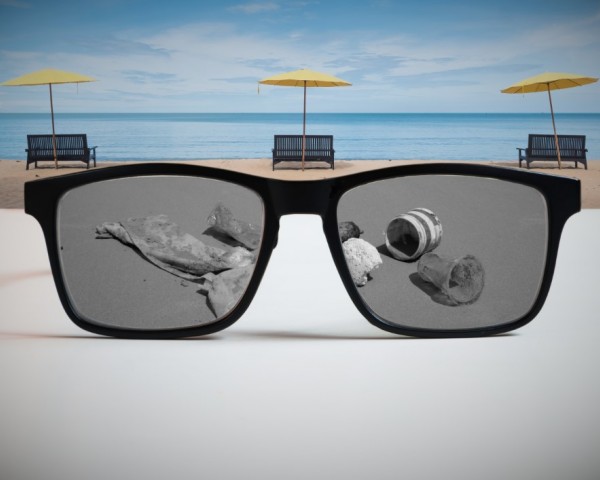Against the excesses of overtourism, many sustainable travel solutions have already been implemented. The challenge is to reconcile the maintenance of a certain form of tourism development with better consideration of the issues related to climate change.
Over the last ten years, the number of cruise passengers has risen from 15.5 million to 25.3 million, without these floating cities ceasing to run on heavy fuel oil, rich in sulfur dioxide. Among the options to clean up the pollution are the obligation to force ship owners to equip their vessels with particle filters, but also to lower the sulfur content of their fuel (which, by the way, would bring them in line with current European regulations) or simply to ban heavy fuel oil, as Icelandic territorial waters have done since January 1, 2020.
As for air traffic, the problem becomes even more acute. As France and Germany did recently, the first measure to take would be to substitute short-haul air routes with less carbon-intensive solutions. The fiscal lever must also be activated. In the United States, some states already impose taxes on airline tickets. But in the EU, it is impossible to reach a consensus on either fuel or ticket taxes.
Restrictive Policies against Tourist Rentals
Restrictions are the choice that the Balearic archipelago has made, since 2017, by adopting very strict legislation in the face of the uncontrolled increase in tourist rentals. The government did not go easy: a cap on the accommodation capacity was decided as well as a beginning of decrease with the withdrawal of 5439 tourist beds that are part of the rental offer, with the objective, in the long run, to arrive at a reduction of 120,000 beds (out of an estimated total of about 431,000). The assumed goal of the maneuver is spreading tourist traffic over the whole year and not just the high summer season.
The same strategy on the side of Northern Iceland, caught up by the sudden aura that has provided the world with the filming in its splendid landscapes of the series Game of Thrones. Less firm than the Balearic Islands, its legislation nevertheless provides for certain conditions to access Airbnb-type rental accommodation: registration and tax with the local authorities, a ceiling on the length of stay and the annual gross income of the owners.
Prohibit Binge Tourism
Decidedly, the Balearic Islands will go down in the annals of history as being at the leading edge of innovation in the fight against the absurdities of contemporary tourism. In February 2020, the government passed a decree restricting the use of alcohol in restaurants as well as in public space. “A way to fight against certain deviant practices” that the city of Amsterdam is also trying to combat.
Without falling into a form of “punitive logic”, the new mayor of the city, Femke Haselma, from the radical left, has decided to ban the famous “beer bikes” on the canals. As in the Balearic Islands, the consumption of alcohol is now also prohibited in the “Port of Amsterdam”…
These different sustainable travel measures are part of a desire to get away from a logic of mass tourism festive, which has taken considerable importance with the generalization on social networks. Whether or not teenagers from all over the world will easily give up their bachelor party in Amsterdam is left to be seen…





